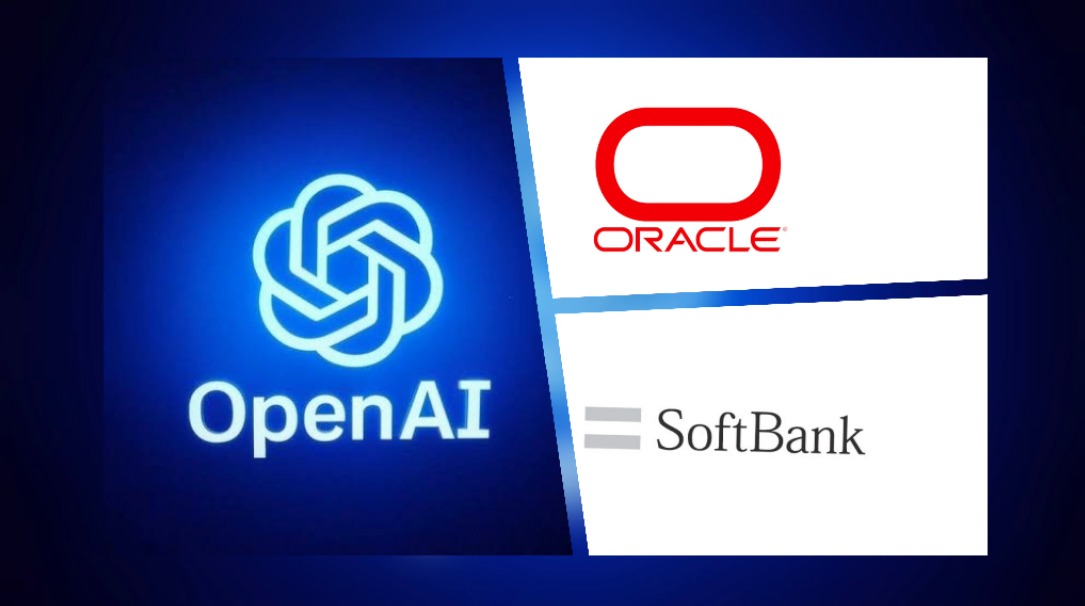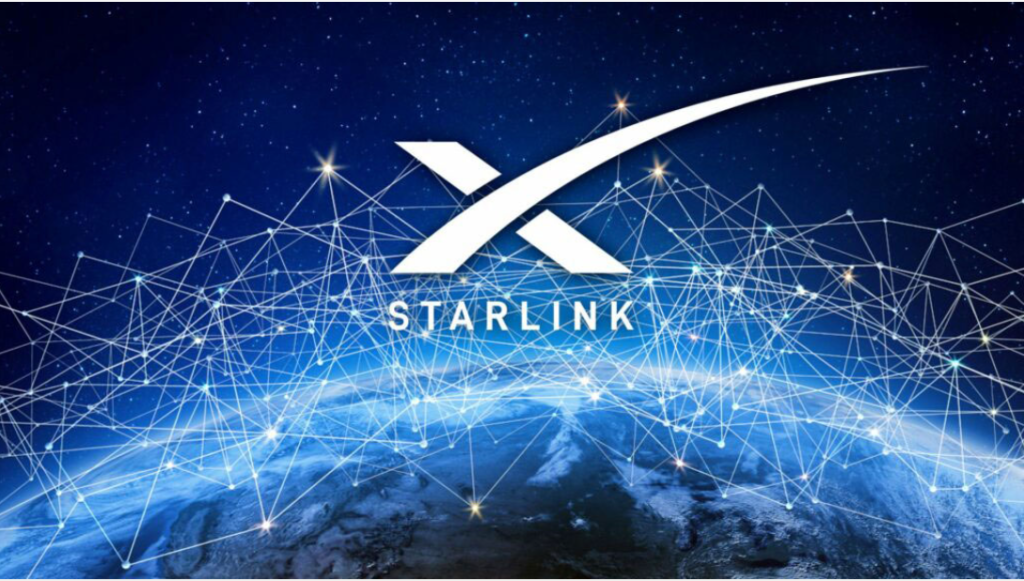Desk Report:
OpenAI, Oracle and SoftBank have announced major investments in five new artificial intelligence (AI) data centers in the United States. The project, called ‘Stargate’, could cost up to $500 billion or $500 billion over the next few years.
ChatGPT maker OpenAI said on Tuesday that it will jointly launch three new sites with Oracle in Shackleford County, Texas; Doña Ana County, New Mexico; and the Midwest in the United States.
In addition, OpenAI, Japan’s SoftBank and a SoftBank subsidiary will build two more data centers in Lordstown, Ohio, and Milam County, Texas.
Oracle and OpenAI are expanding a site in Abilene, Texas. This will also add to some of CoreWeaver’s previous projects. In total, the Stargate project will create a data center with a capacity of 7 gigawatts. And the Stargate project aims to achieve 10 gigawatts of data center capacity.
The investment in this project will amount to more than $400 billion or $400 billion over the next three years.
OpenAI CEO Sam Altman said, “AI will only be able to fulfill its promise when we can create the computing power necessary for it.”
It has been reported that about 25,000 direct jobs will be created through the project.
It is worth noting that earlier this week, Nvidia said that it would invest up to $100 billion or $100 million in OpenAI and provide its data center chips.
Meanwhile, OpenAI and its affiliates plan to finance the Stargate project through a debt mechanism to rent chips, according to several people involved.
Microsoft, one of OpenAI’s investors, is already building a billion-dollar data center infrastructure for generative AI services such as ChatGPT and Co-Pilot.
AI is now bringing big changes to the technology sector. This technology can also be used in the defense sector. China is also rapidly advancing in AI. That is why US President Trump is giving importance to AI.
In January this year, Trump invited the heads of top technology companies to the White House to mark the launch of the Stargate project. This project will be run mainly by the private sector.




